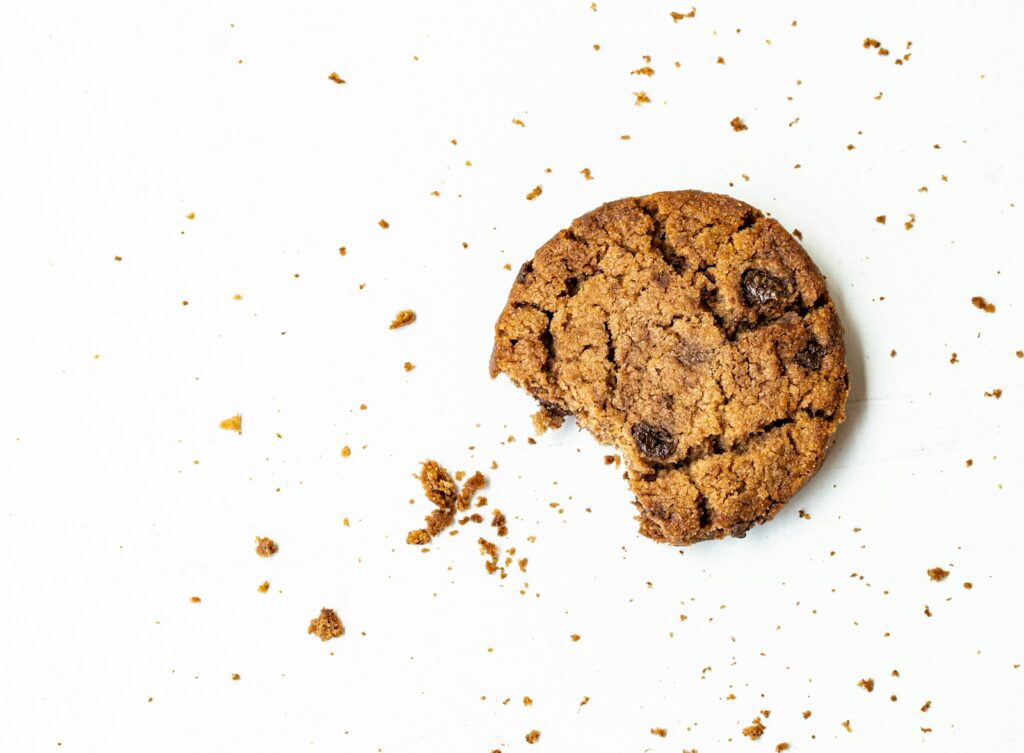Unlike smoking a joint, edible highs are known for their intensity and vivid effects. Here’s why this happens.
Cannabis edibles have quite the reputation. As you’ve likely heard from at least one of your friends, there are many edible horror stories, where someone overindulges and spends a full day (or night) in a psychedelic panic. But then there’s also a large percentage of people who love edibles, using them with regularity and prizing them over flower and vapes.
Edibles are powerful and useful for all kinds of people, from those who are looking for a good time to those who want the medicinal benefits without the smoke. So, why do edibles produce such strong highs?
While edible highs are very strong and particular, what helps best in understanding the difference between these and the highs produced by smoking cannabis is the fact that the body absorbs them differently. Two methods, two different highs, both with their pros and cons.
Edibles are misunderstood, with beginners expecting a high similar to the one they’ve experienced with smoked marijuana; one that could be anxious and stressful on fare occasions, but that fades away once an hour has passed. Edible highs are different in one key way: they take a while to kick in and they take even longer to fade away. Dosage is key, even if this remains something that’s hard to control when you’re making the edible, purchasing it or eating it.
When cannabis is ingested through the stomach, it is metabolized through the liver. This is a slower process, unlike smoked marijuana that’s absorbed through your blood stream and produces effects within less than 20 minutes. The fact that you have to wait for your stomach to break up the edible — for the compounds to be metabolized by the liver — until they’re finally absorbed in the bloodstream allows for people to assume the THC isn’t working (the phrase “I don’t feel anything” is common for edible newbies) promoting them to take another dose.
Once the edible is ingested, the THC is metabolized by the liver and transformed into 11-hydroxy-THC, a compound that’s four times faster in crossing the blood-brain barrier than THC. While many questions remain about cannabis compounds and the ways they interact with our endocannabinoid system, this process might shed a light on why edible highs are so much more vivid and surreal than flower highs.
H/T: thefreshtoast.com
You can view the whole article at this link Why Do Edibles Hit You Harder Than Smoking Marijuana



